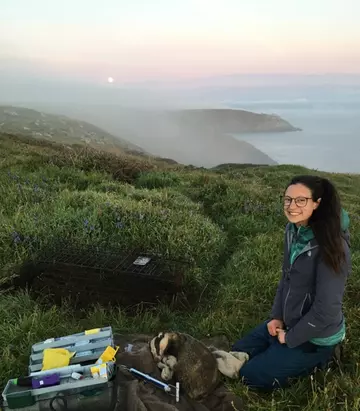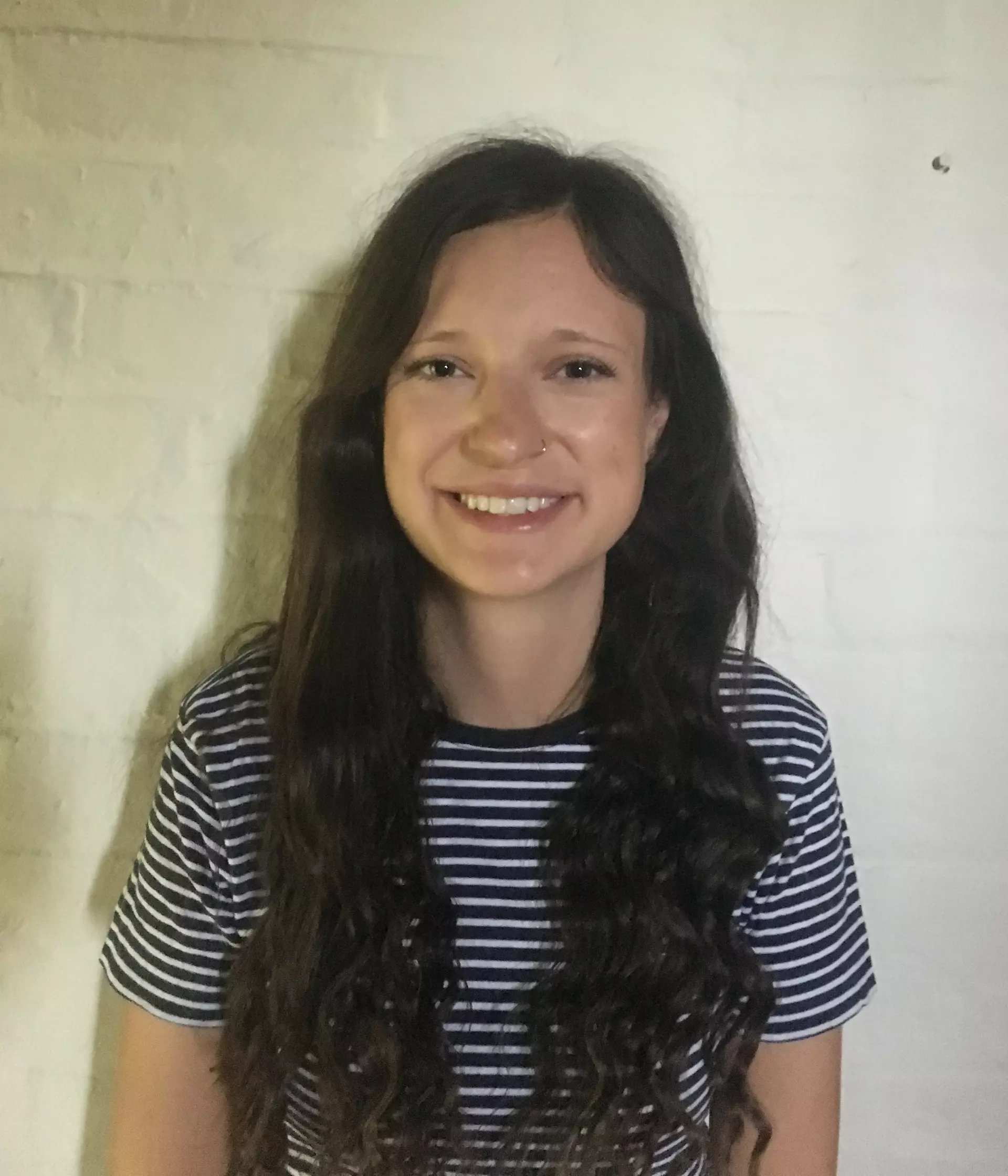
Badgers
Verity Miles' research interests are broad across ecology and conservation.
She is particularly interested in the tools we can use to solve ecological challenges, such as the use of remote cameras to monitor population trends and inform conservation initiatives.
Previous work has included monitoring water vole recovery in restored habitats and investigating box use by Daubenton’s bat to optimise conservation efforts. She is also a bird ringer and undertakes Breeding Bird Surveys in her local area.
Verity's current research on badgers contributes to a debate she is interested in from scientific, welfare, political and social perspectives.

Current Research
Verity's PhD focuses on the control of bovine tuberculosis (bTB), a respiratory disease of mammals that can be transmitted between cattle and badgers. Until recently, bTB control in the UK has largely consisted of a wide-spread badger cull. However, after 2022, licences for intensive culling are due to end and the government intends to transition to a badger vaccination programme instead.
Research is still needed to investigate whether vaccinating badgers can reduce the incidence of bTB in cattle and understand the impacts of switching from culling to vaccination. Central to this is understanding the density of badger populations – not only are such estimates used to evaluate the success of culling efforts, but they would also allow us to calculate vaccination coverage and monitor how badger populations change over time.
At present, efforts to estimate badger density vary. The aim of Verity's research is to test a novel approach to estimating badger density using camera traps and the Random Encounter Model. She will compare this to well-established methods such as mark-resight, which involves finding creative ways to mark badgers so they are individually identifiable on camera trap images. With robust density estimates, Verity will calculate the vaccination coverage achieved by different badger vaccination teams and monitor how badger density changes when culling ceases. She will also use this information to model the implications of vaccination coverage and changing badger density on the control of bTB.
Verity's PhD is based at Imperial College London on the Science and Solutions for a Changing Planet DTP. The research is conducted in collaboration with the Institute of Zoology and Natural England.
2020–Present: PhD Researcher, Science and Solutions for a Changing Planet DTP; Imperial College London, Institute of Zoology and Natural England.
2020–Present: Natural History Tutor (part time); CityLit
2013–2020: Various roles; Greenpeace UK
2018–2019: Volunteer trainee Reserves Assistant; Herts and Middlesex Wildlife Trust
2012–2013: MRes, Parasitology; University of Bristol
2009–2012: BSc Zoology; University of Bristol
